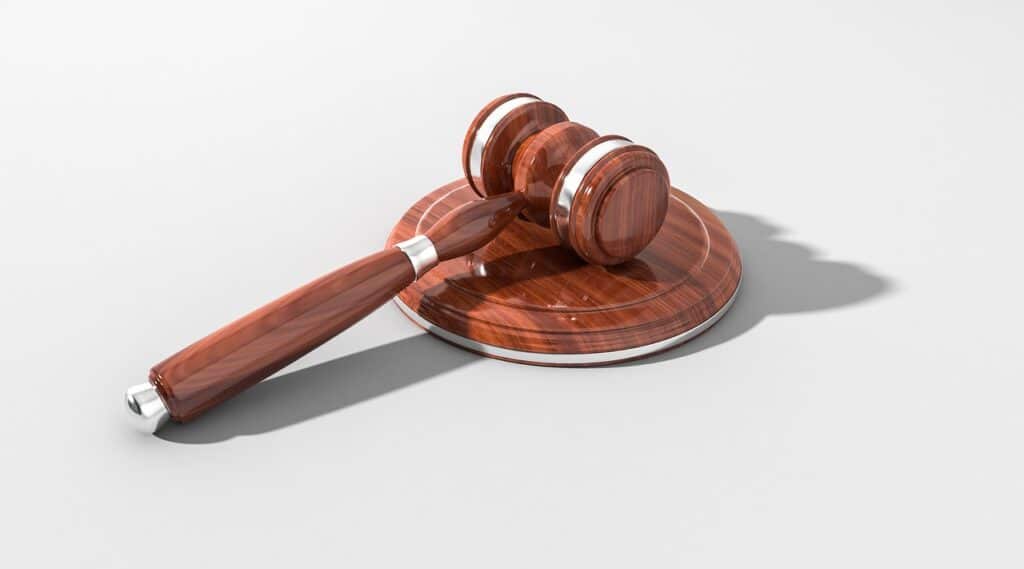However, these areas of law have major differences that set them apart from each other. Understanding the differences between civil and criminal law will help you understand how they work in a modern, civil society.
Civil Law vs Criminal Law
What Are the Differences? In this article, we’ll explain the key differences between civil and criminal laws. If you want to learn more about either side of this equation but aren’t quite sure which is right for your situation, keep reading through to learn more about both sides of the equation so that you can make an informed decision moving forward with your case.
either side of this equation but aren’t quite sure which is right for your situation, keep reading through to learn more about both sides of the equation so that you can make an informed decision moving forward with your case.
What is Criminal Law?
Criminal law is the system of laws that are created, usually by the government (both Federal and State in the United States), to govern the behavior of people in society
These laws are created to protect society from those who would do harm or cause harm to others, but they are also put in place to provide justice for those harmed by others.
Some of the types of crimes that are governed by criminal law include things such as murder, assault, theft, sex crimes, drug crimes, and more. The penalties for committing these crimes can vary widely depending on the severity of the crime, the conditions surrounding the crime, and the intent of the defendant at the time of the offense.
What is Civil Law ?
?
Civil law governs most aspects of private behavior, including business transactions, contracts, and family affairs, such as divorce, child custody, contracts, and other legal agreements. The civil law system is based on a combination of rules and guidelines that are often directed by a judge rather than being derived from more general societal norms.
Because of these more formal guidelines imposed by a judge, civil law is commonly referred to as “jurisdiction law” in legal parlance because it governs the areas that a judge has jurisdiction to govern, such as divorce and child custody cases.
Civil law also differs from criminal law in that it is a system of laws created by the government and enforced by the government. As such, it is a powerful legal system because the government is able to impose legal punishments to deter people from misbehaving. This is commonly referred to as “retribution” in legal circles.
Differences Between Criminal and Civil Law
Different laws govern the same behaviors – When it comes to criminal law, the government is able to impose legal punishments to deter people from misbehaving. These punishments can vary widely depending on the severity of the crime and the intent of the defendant at the time of the offense.
On the other hand, when it comes to civil law, the government only regulates certain personal behaviors. As such, in order for a civil law case to go to court, someone must have actually broken a law.
There’s more than one way to enforce a law – When it comes to criminal law, the government is only able to impose legal punishments to deter people from misbehaving. However, when it comes to civil law, the government is also able to impose legal punishments to “serve as a warning” to others.
Civil Law
Civil law is a system of laws created by a government and enforced by that government. The power of civil law stems from the fact that it’s enforced by the government.
Civil law regulates aspects of private behavior. These include things such as enforcing contractual agreements, marriage, divorce and child custody.
The penalties for losing a civil case are usually fines imposed by a judge, as juries are rarely used in a civil case.
Criminal Law
Criminal law is a system of laws that govern the behavior of people who have committed crimes. These laws are created to protect society from those who would do harm or cause harm to others, but they are also put in place to provide justice for those harmed by others.
Conclusion
When it comes to criminal and civil law, they can both be found in the books, and from years of experience. However, they can also both be found in different forms of law as well.
In the end, you’re best served by finding a lawyer who knows the system inside and out, who has experience in the kinds of cases you’re facing, and who is available to you 24/7.
NEED LEGAL HELP?
Contact Us Now!
NEED LEGAL HELP?
Contact Us Now!

 ?
?